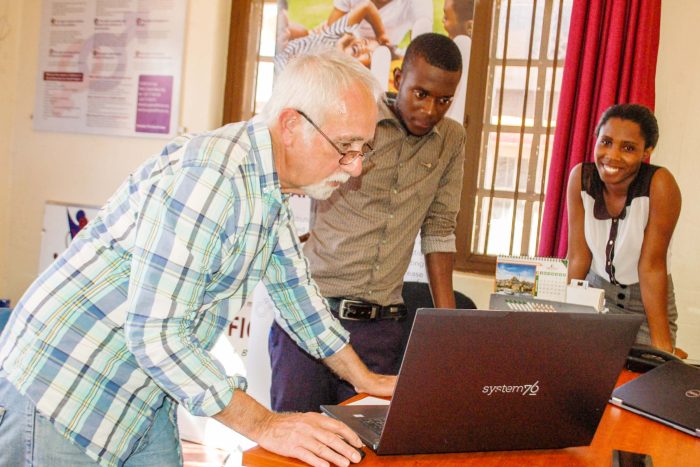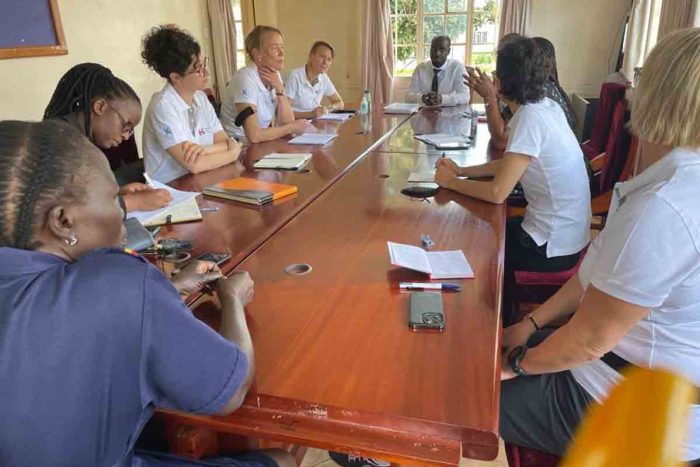BHF programs address non communicable diseases (NCD) through a combination of research and evaluation, health systems strengthening, quality improvement, including:
- Applying quality improvement methods to translate best practices into service delivery in low-resource communities and health centres
- Technical expertise in high-impact NCD prevention, early detection, and treatment services, including rational packaging of services across the health system
- Training and education of healthcare workers and alcohol and substance abuse service provider
- Use of SBCC to educate communities and healthcare workers and effect positive changes in health behaviours
- Integrating NCD interventions into established services addressing reproductive health, maternal, new-born and child health, HIV, tuberculosis, and other programs
- Strengthening health information systems and use of data for evidence-based decision making and continuous quality improvement at local, regional, and national levels
Addressing gender issues in NCD services, including differences in gender-related risk factors, differences in access to care and care-seeking behaviours among men and women, and different treatment by providers.




